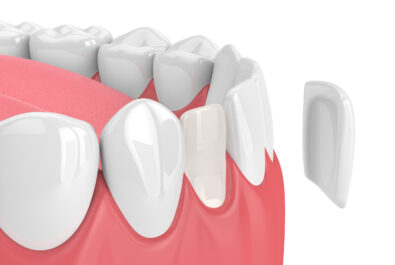Many patients won’t require the skills of an oral surgeon throughout the course of their dental care. Sometimes, however, oral surgery may be necessary to restore your mouth’s function and your quality of life. Oral surgery encompasses a wide range of services to address a number of different conditions, from severe dental disease or damage to congenital defects that affect your jawbone’s symmetry. Find out how the right procedure can save more than just your smile by taking our short quiz below.
How Can Oral Surgery Help?
Is tooth extraction considered oral surgery?
Answer: Simple tooth extraction isn’t necessarily considered oral surgery, and can often be performed at our office or by your general dentist using a specialized dental instrument. Some complications, such as impacted teeth or those that are severely damaged, may require oral surgery to successfully extract. With the exception of wisdom teeth, we can also replace extracted teeth with surgically-inserted dental implants.
How do oral surgeons replace lost teeth?
Answer: Oral surgeons are experts at placing dental implants—small root-like posts that are surgically inserted into the jawbone and utilized to support an appropriate dental prosthesis. Placing dental implants involves extensive planning and preparation to ensure that the implants perform properly and last for life. When inserted correctly, implants can also help preserve your jawbone’s strength by providing stimulation that helps maintain your jawbone’s nutrient supply.
What is a congenital defect?
Answer: Congenital means “from birth.” A congenital defect is one that’s present when you’re born, rather than developing over time. Congenital oral/maxillofacial defects include cleft lips and cleft palates; hypodontia, or agenesis (one or more permanent teeth never develop); or an uneven, asymmetrical jawbone. In some cases, congenital issues can lead to a bite imbalance that causes worn down teeth, TMJ disorder, and other chronic dental health conditions. Advanced diagnostic and imaging technology allows us to detect and diagnose congenital defects, and prescribe appropriate treatment plans to correct them.













